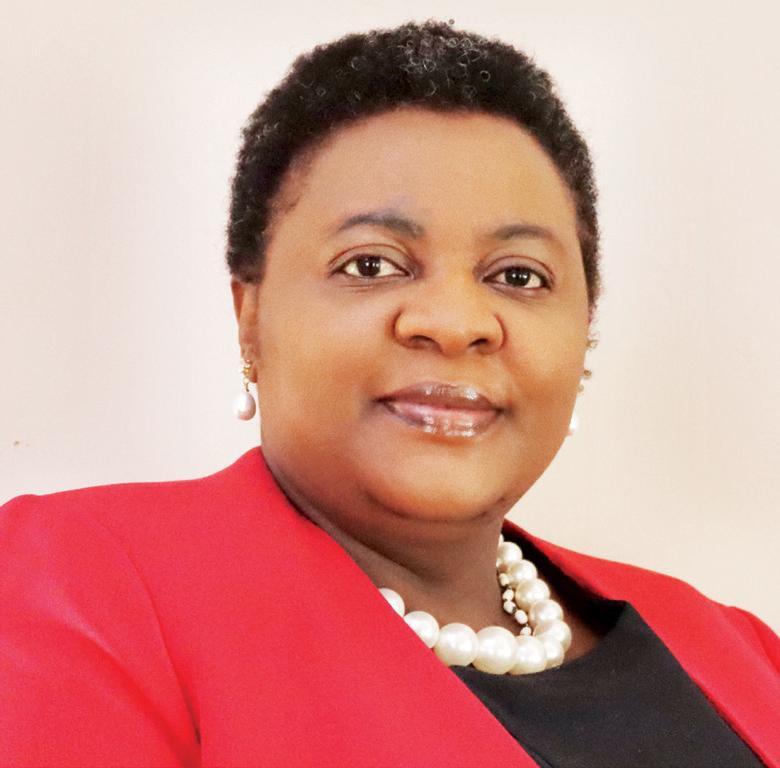Africa-Press – Malawi. The Malawi Confederation of Chambers of Commerce and Industry (MCCCI) has described the first half of 2025, which came to an end on Monday, as mixed, characterised by both economic strain and emerging opportunities.
Responding to questions from The Daily Times, MCCCI says during the first six months of the year, businesses operated under difficult conditions, hampered by inflation, forex constraints, weak infrastructure and structural inefficiencies.
The private sector mouthpiece is, however, quick to note that improving investor interest, particularly in the energy sector, strategic sectors like mining and agro-processing, a solid banking sector, and innovations in fintech suggests a possible turnaround if reforms continue.
“Malawi’s economy remained under pressure due to the lingering effects of the 2023-2024 El Niño-induced drought, which severely reduced agricultural output and drove up food prices. These climate shocks were compounded by persistent foreign exchange shortages, mounting public debt and declining fiscal buffers.
“As a result, year-on-year inflation averaged 27.7 percent by May 2025 while the Kwacha depreciated to 1,734 per United States (US) dollar, widening the gap between official and parallel exchange rates.
“These dynamics have significantly eroded consumer purchasing power, raised operational costs and constrained business confidence,” MCCCI said.
MCCCI Chief Executive Officer Daisy Kambalame noted that despite macroeconomic instability, foreign direct investment (FDI) rose to $1.1 billion in 2025, up from $841 million in 2023, with inflows directed primarily toward manufacturing, mining and energy.
The positive trend, according to Kambalame, was supported by progress in infrastructure development and regulatory reforms, including the expansion of Special Economic Zones (SEZs) in Magwero and Chigumula and improvements in digital governance through e-registry platforms.
She, however, observed that delays in key International Monetary Fund (IMF) recommended reforms such as exchange rate unification and fiscal consolidation pose significant risks to sustainable recovery.
“The energy sector showed strong momentum, with the approval of a $350 million World Bank grant for the Mpatamanga Hydropower Project set to double national hydropower capacity.
“Additional solar investments are underway, targeting a national goal of 1,000megawats (mw) by 2030.
“Meanwhile, the digital economy continues to grow, with fintech companies like PayChangu gaining market share and the sector attracting $50 million in startup funding in 2024 alone,” she said.
MCCCI further observed that significant structural barriers persist.
“Malawi’s public debt is estimated at 85-90 percent of GDP [gross domestic product], limiting fiscal space and raising the risk of default. Infrastructure remains a major constraint; only 28 percent of roads are paved, and power outages frequently disrupt production.
“Regulatory weaknesses, such as weak contract enforcement and corruption, continue to deter investment while the country’s narrow export base, dominated by tobacco, exposes it to external shocks,” MCCCI said.
On its part, the Consumers Association of Malawi (Cama) has said the first half of the year 2025 has been rough.
Cama Executive Director John Kapito said the first half of 2025 has been the continuation of the years before it, with escalating high cost of living and slowest growth rate.
According to Kapito, the major challenge has been the scarcity of foreign exchange, which has resulted in scarcities of basic services and goods such fuel.
On the other hand, Kapito said the first -half of 2025 brought joy to consumers as prices of maize went down since it was harvesting season.
He added that salary increases for civil servants and low-income earners in the private sector brought joy to consumers and, to some extent, helped to ease the high cost of living and inflation.
“But, overall, it has been a difficult first half in 2025. However, the discontinuation of the Extended Credit Facility (ECF) by both Government and International Monetary Fund (IMF) will be key to determine how we grow the economy in the second half as we go to the polls in September.
“There is a need for the country to come together and review our economic policies and ensure that we are able to implement them to avoid what keeps on haunting us economically,” Kapito said.
For More News And Analysis About Malawi Follow Africa-Press






